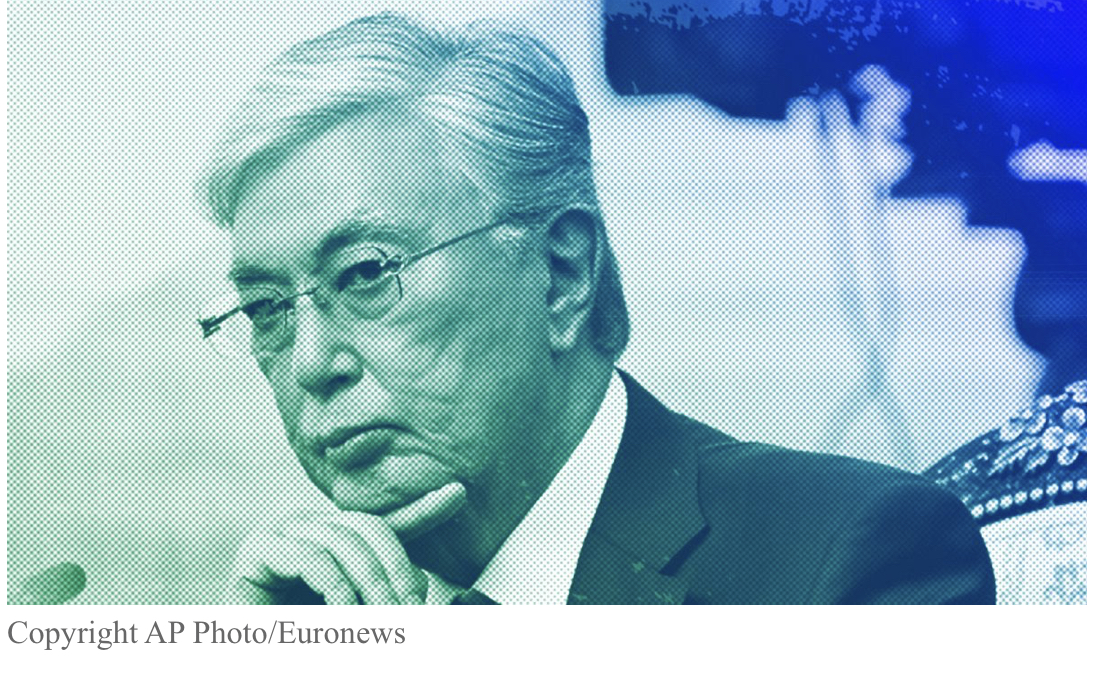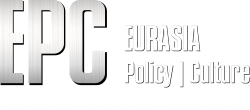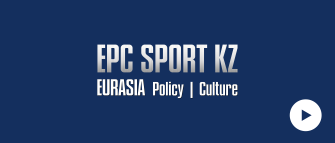Euroviews. Middle powers have the power to save multilateralism

EURONEWS:
Kassym-Jomart Tokayev is the President of Kazakhstan.
Countries like Kazakhstan must step forward together with renewed vigour and assert our role not just as participants but as responsible managers in the global arena, President Kassym-Jomart Tokayev writes in a Euronews exclusive.
In today's world, marked by extraordinary geopolitical turbulence and persistent conflict, the need for multilateral solutions has never been more urgent.
Wars in Europe, the Middle East, and Africa are claiming the lives of hundreds of thousands, whilst climate change is leaving millions more hungry, vulnerable, and displaced. These conflicts appear beyond resolution, with no hope in sight.
Amidst this global discord, the traditional powerhouses — the world’s economic and political behemoths — are increasingly unable to work together.
The conflict in Ukraine has created a diplomatic stalemate, the ongoing situation in Gaza is an epic humanitarian disaster, while tensions in the Indo-Pacific are fuelling brinkmanship at the expense of a more constructive engagement.
Meanwhile, the structures designed to foster international consensus, such as the United Nations, face paralysis and gridlock.
Middle powers, the agile pivotal players
The veto power held by permanent members of the United Nations Security Council often results in deadlock, preventing decisive actions against global crises and leading to repeat scenarios where unilateralism is favoured over collective action.
This further erodes the spirit of multilateralism and undermines the credibility of international institutions.
Against this backdrop, middle powers like Kazakhstan emerge as pivotal players with growing capacities to ensure greater stability, peace and development in their regions and beyond.
Unburdened by the complexities of superpower politics, our agility enables us to navigate intricate diplomatic terrains and carve paths toward compromise and reconciliation.
While we may not wield the same global influence as the world’s superpowers, nations like ours possess the economic strength, military capabilities, and, perhaps more importantly, political will and diplomatic acumen necessary to exert significant sway in the global arena on issues ranging from food and energy security, green transition, and IT to the sustainability of supply chains.
Unburdened by the complexities of superpower politics, our agility enables us to navigate intricate diplomatic terrains and carve paths toward compromise and reconciliation.
Moreover, middle powers are deeply committed to upholding the multilateral system. Unlike superpowers, which may feel constrained by these institutions as they chart their own course, our countries rely on these essential global mechanisms to resolve disputes, safeguard our territorial integrity, and address collective challenges ranging from climate change to pandemics.
Peacemaking and sustainable goals on the agenda
Kazakhstan has always been deeply committed to multilateralism, continuously seeking new forums for international dialogue and collaborative action.
Beyond our consistent work in nuclear disarmament and non-proliferation, we have actively promoted the establishment of a new multilateral agency focused on biological security, aiming to prevent the devastation of man-made pandemics and biological terrorism on a global scale.
This year, we are also proud to co-chair, alongside France, the inaugural One Water Summit, which aims to unite countries and communities worldwide facing water scarcity and desertification challenges. Additionally, we have offered to host a new UN Regional Centre for Sustainable Development Goals (SDGs) on Central Asia and Afghanistan to lead regional efforts to counter the effects of climate change.
The path to global unity is not uncharted — it has been successfully navigated before. The world has overcome divisions in the past and can do so again through diplomacy and dialogue.
We are also unafraid to offer our help in seeking resolutions to protracted conflicts. This is exemplified by our recent commitment to host peace negotiations between Azerbaijan and Armenia — an effort that underscores our belief in the power of middle powers to drive dialogue and promote peace.
Next year marks the 50th anniversary of the Helsinki Final Act, presenting a valuable opportunity to reflect on the return and resurgence of discord among the world’s great powers in a post-Cold War world.
More importantly, however, this milestone reminds us that the path to global unity is not uncharted — it has been successfully navigated before. The world has overcome divisions in the past and can do so again through diplomacy and dialogue.
We should all work together to inject new life into our world
With the multilateral system under severe strain, it takes countries of all sizes — large, medium and small — to inject new life into it.
However, with major powers increasingly unwilling to trust the multilateral process and smaller countries lacking the necessary influence, it is the duty of middle powers to lead the charge.
Countries like Kazakhstan must step forward together with renewed vigour and assert our role not just as participants but as responsible managers in the global arena.
At this crucial juncture, we call on all our international partners to join us in reinforcing multilateralism — to reinvigorate and reinvest in the global system that has brought us this far.
Let our collective actions reflect our commitment not just to a more peaceful present but to a prosperous and harmonious future.
The task is formidable, but with determination, leadership, and a steadfast commitment to dialogue, we can transform today's challenges into tomorrow's successes. Let us lead the way to an era of multilateral renewal.

























